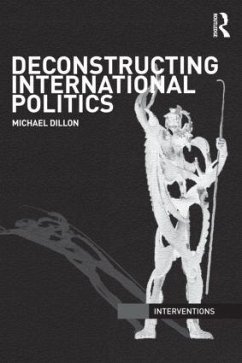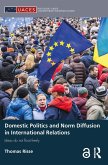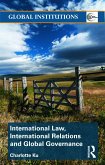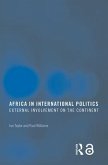Michael Dillon is internationally regarded for his contributions by political philosophers, international relations scholars and security studies experts, as well as by philosophers more broadly. It is difficult to overrate his importance to the development of critical deconstructive approaches not only in challenging traditional scholarship and addressing contemporary politics, but in articulating new approaches and new thinking. This book draws together some of his key works and is framed by an introduction written specially for the volume. It is the first full-length work to draw on the insights and techniques of deconstruction to analyse international relations. Influenced primarily by Derrida, it critiques the cornerstones of international relations such as modernity, the state, the subject, security and ethics and justice. This volume will provide an invaluable resource for teaching at undergraduate and postgraduate levels on traditional international relations courses and on the increasing number of specialised courses in critical approaches. Well designed and structured, it is accessible to the novice as well as challenging for the specialist.
Hinweis: Dieser Artikel kann nur an eine deutsche Lieferadresse ausgeliefert werden.
Hinweis: Dieser Artikel kann nur an eine deutsche Lieferadresse ausgeliefert werden.








